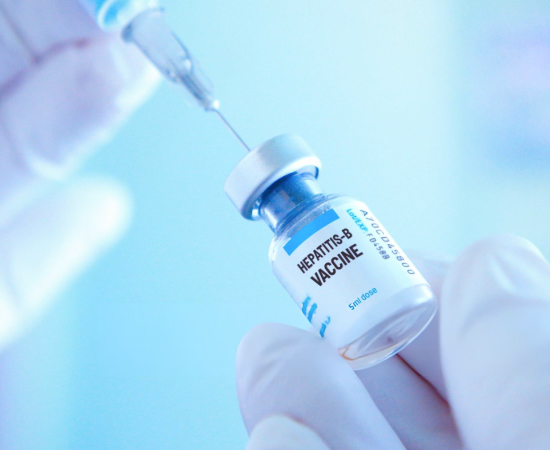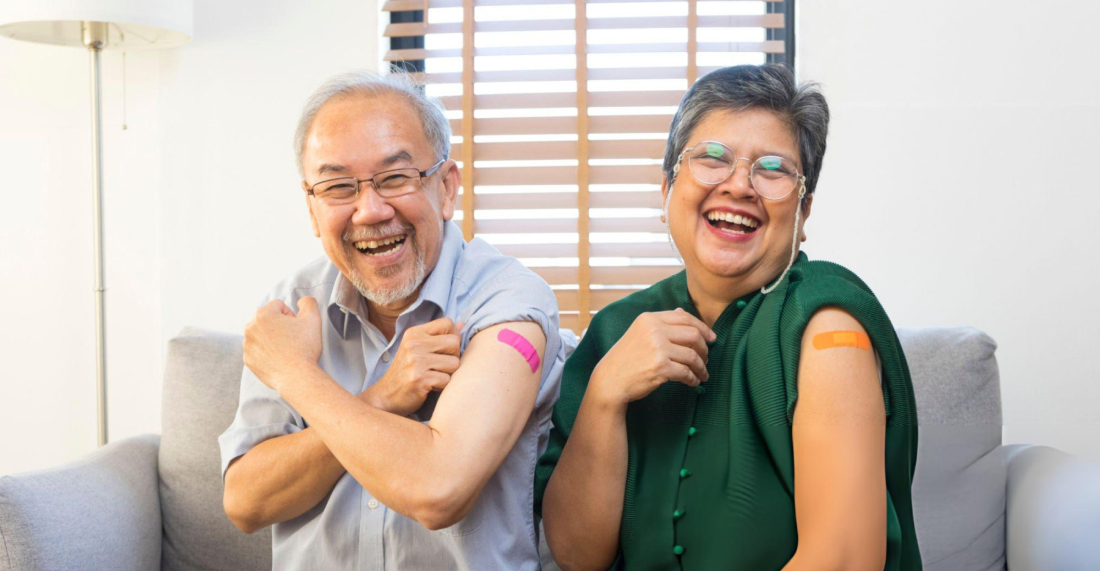

Vaccines play a crucial role in safeguarding health across all age groups, especially for seniors. Ageing weakens the immune system, making older adults more susceptible to infections and complications. Essential vaccines for seniors can help reduce the risk of severe illnesses, hospitalisation, and even mortality.
Here, we’ll explore what vaccines adults over 60 need, the importance of immunization, the role of the RSV vaccine for seniors, and why vaccination is a lifelong priority.
As we age, our immune system undergoes a process called immunosenescence, where it becomes less efficient at fighting off infections. Vaccines are vital for seniors because:
Seniors are recommended to receive several vaccines to protect against life-threatening illnesses. The most important vaccines include:
Influenza is very risky for older adults, leading to serious complications such as pneumonia. Every year, new flu strains develop. To better protect adults aged 65 and older, high-dose or adjuvanted flu vaccines are created for stronger protection.
Pneumonia is a common reason for seniors to be hospitalised, often caused by pneumococcus bacteria. Two common vaccines, PCV20 and PCV15, are given, followed by a third vaccine, PPSV23. These vaccines are administered as a one-time dose or as recommended based on vaccination history.
Shingles is a painful rash caused by the chickenpox virus reactivating in the body. It can lead to long-term nerve pain. Shingrix is a vaccine given in two doses to adults over 50, even if they’ve had shingles before.
RSV is a virus that commonly causes respiratory infections, especially in older adults. Two FDA-approved vaccines, Arexvy and Abrysvo, are now available for seniors. It is recommended to get a single dose before the RSV season, which typically occurs in the fall.
This vaccine protects against diphtheria, tetanus, and pertussis (whooping cough). Adults should get the Tdap vaccine once in adulthood if they have not been previously vaccinated. They should also get the Td booster every 10 years.

Seniors with specific health conditions or risk factors may require additional vaccines:
While the focus for seniors is on preventing respiratory infections and diseases that worsen with age, the most important vaccines for babies focus on building foundational immunity:
Vaccines help seniors stay healthy by training their immune systems to fight off sickness. However, ageing can make vaccines less effective. To help seniors stay protected, there are two main strategies to consider.
These vaccines are formulated with a higher concentration of antigens, which helps to stimulate a more robust immune response in seniors.
These vaccines contain additional substances that are designed to enhance and strengthen the immune response in older individuals.
Yes, we know, you have several questions in your mind. Let’s explore some of them:
Yes, vaccines undergo rigorous testing to ensure safety and efficacy. Side effects are generally mild, such as soreness at the injection site or mild fever.
No, but they may need boosters or additional vaccines based on age, health conditions, and previous vaccinations.
Many vaccines can be safely given simultaneously, but it is essential to consult a healthcare provider.
To ensure the best protection:
Public health initiatives play a crucial role in promoting vaccination among seniors by addressing barriers such as awareness, accessibility, and affordability. Educational campaigns inform older adults about the benefits of vaccines like those for influenza, shingles, and RSV, emphasizing their role in preventing severe illnesses and hospitalizations.
Public health efforts also prioritise outreach in underserved areas, fostering equity in immunization rates. By advocating for herd immunity and offering tailored support, these initiatives help seniors lead healthier, more independent lives.

Vaccination is a cornerstone of healthy ageing, providing seniors with a robust defence against preventable diseases. From the annual flu shot to the recently approved RSV vaccine for seniors, staying up-to-date with immunizations can significantly improve quality of life and longevity.
If you or a loved one are over 60, consult your healthcare provider to ensure you’re protected with the most important vaccines. By taking proactive steps, you can boost immunity, enjoy better health, and embrace your golden years with confidence.
Spread the love, follow us on our social media channels